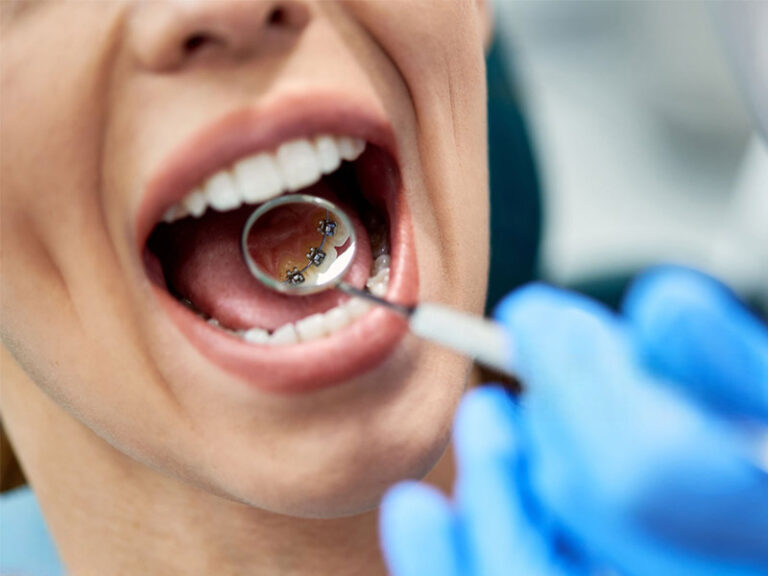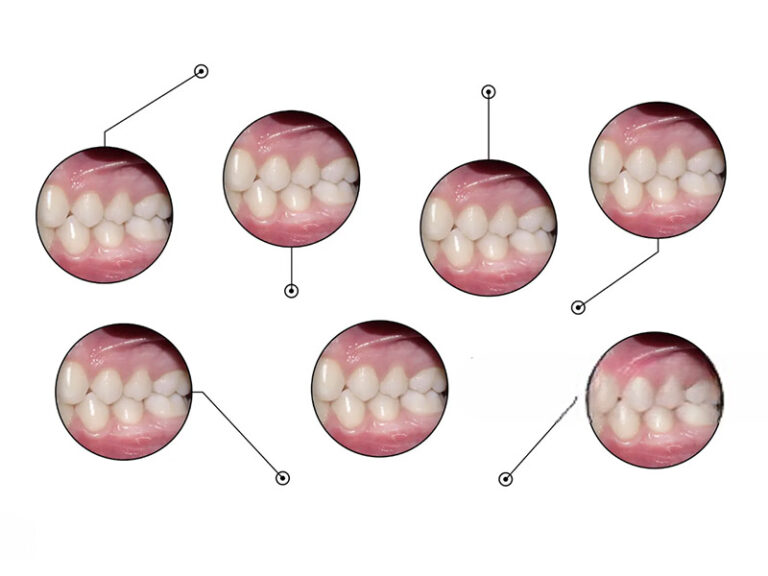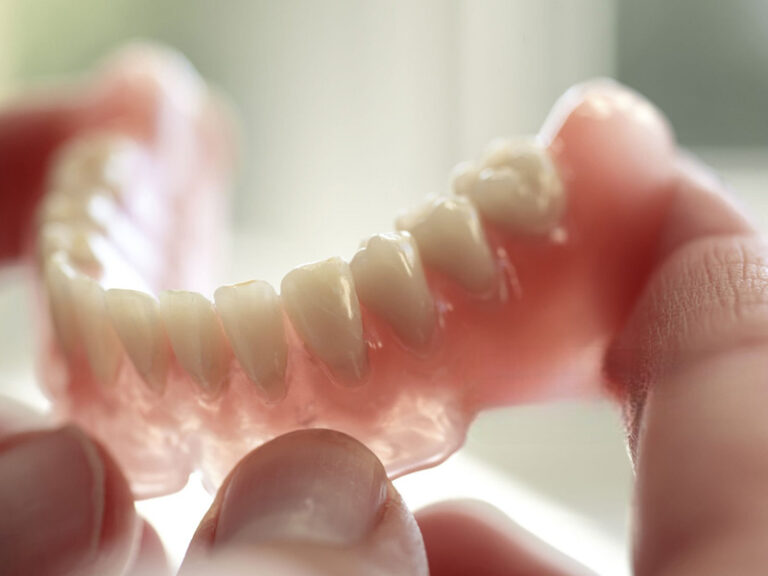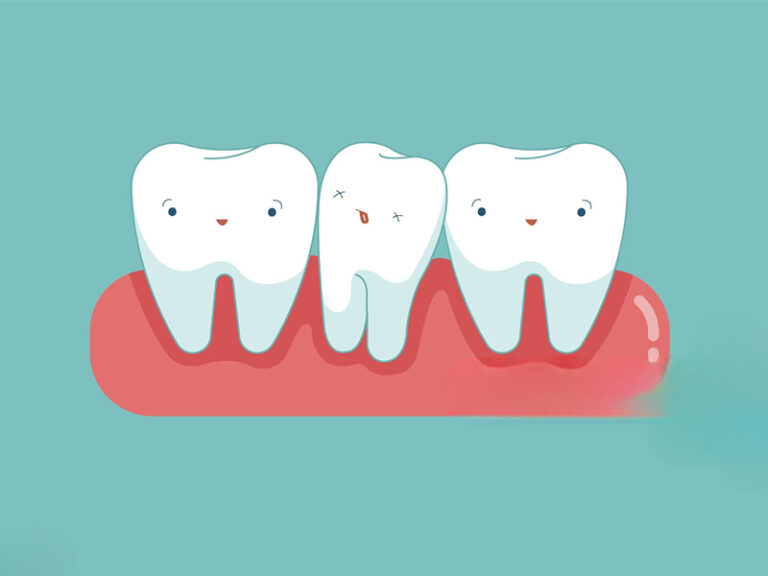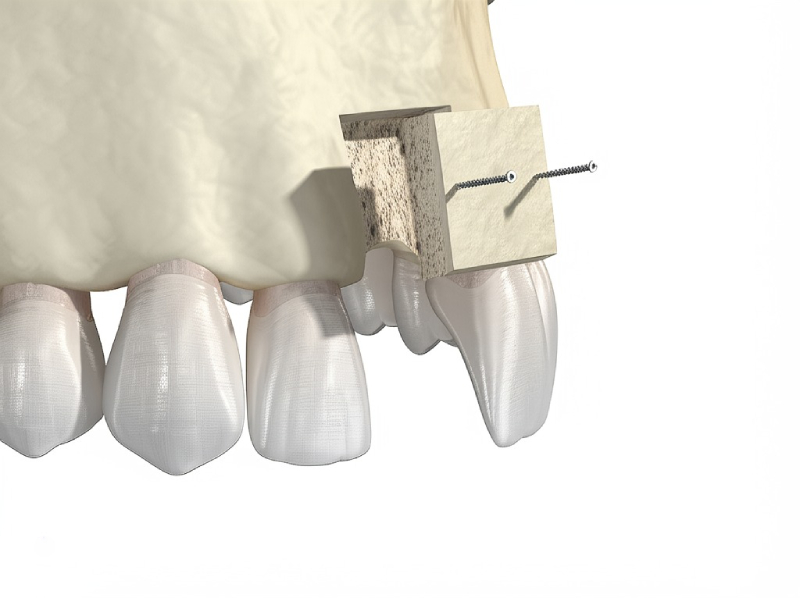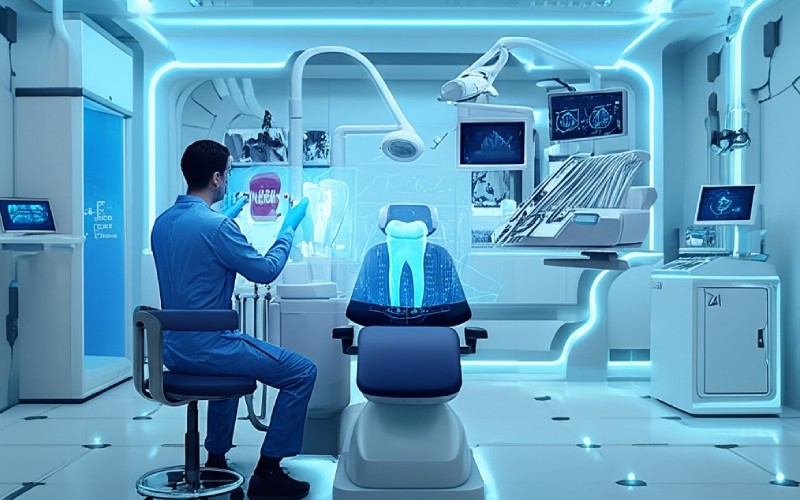
The Future Is Here: How I’m Using AI to Shake Up My Dental Practice
As a dentist who’s been at this for over a decade I’ve seen a lot of changes. From the stuff we use for fillings to how we handle patient charts tech has always been a big part of how we move forward. But nothing could have prepared me for the huge shift we’re seeing right now. I’m talking about Artificial Intelligence (AI). I’ll admit when I first heard about AI in dentistry I was skeptical. It sounded like something from a sci-fi movie not a tool for my actual office. But the more I looked into it the more I saw that AI isn’t just some far-off idea. It’s a powerful tool that’s here right now changing how we find problems treat them and manage our patients’ health. So this is my story of jumping into the world of dental AI what I’ve learned and why I think it’s where our field is headed.
Table of Contents
Getting a Handle on AI in Dentistry
Before we get into the nitty-gritty let’s clear up some of the lingo. It’s easy to get lost but the basic ideas are actually pretty simple.
What’s All This Talk About AI, Machine Learning, and Deep Learning?
Think of Artificial Intelligence (AI) as the big umbrella. It’s the general idea of making smart machines that can think and learn like people. When we talk about AI in dentistry we’re not talking about robots with feelings taking over our jobs. We’re talking about smart programs that look at information and help us make better calls.
Under that umbrella is Machine Learning (ML). This is a type of AI where we don’t have to write code for every single little rule. Instead we feed the computer tons of information—like thousands of dental X-rays—and it “learns” to see patterns all by itself. It’s like teaching a toddler to know what a cat is by showing them a bunch of cat pictures instead of writing out a long list of “cat rules.”
Then you’ve got Deep Learning (DL) which is like the next level of machine learning. It uses complex setups called “neural networks” which are kind of modeled after our own brains. This lets the AI spot super tiny and complex patterns. For dentistry this is a total game-changer. A deep learning program can look at an x-ray and see the very first signs of a cavity or bone loss that a person might easily miss.
Why This Is a Big Deal Right Now
For years dentistry has run on our trained eyes our experience and our gut feelings. And mostly that’s worked out fine. But we’re human. We get tired we have off days and even the sharpest dentist can’t see every single thing.
AI gives us another set of eyes. Eyes that are always sharp and never get tired. It’s not here to take our jobs but to make us better at them. In a world where patients know more and expect more from us being able to say “I’ve checked your X-ray and our AI tool also flagged this spot for a closer look” builds a level of trust that you just can’t put a price on. It’s about going from “I think I see something” to “The data shows us this” which is a much stronger way to practice medicine.
AI at Work: How It’s Changing My Daily Grind
This isn’t just talk. I’m using AI in my clinic right now and it’s made a huge difference. Let’s walk through some of the coolest ways it’s helping out.
Better Diagnoses: Seeing What the Eye Can’t
One of the first things I brought in was an AI-powered tool for diagnostics. It looks at x-rays and pictures from inside the mouth and honestly it’s like having a super-powered assistant.
Reading X-Rays
- Finding Cavities Automatically: This is huge. We all have those little “watch” spots on an x-ray. You know the ones—shadows that might be a cavity or might be nothing. AI programs like the ones from Pearl or Videa Health can check the pixels on an x-ray with amazing accuracy. It highlights spots that could be decay even tiny cavities just starting out that are really hard to see. I’ve personally caught several cavities between teeth way earlier than I might have otherwise. That means my patients get smaller simpler fillings instead of bigger problems down the road.
- Measuring Gum Disease Bone Loss: Guessing how much bone someone has lost from x-rays isn’t an exact science. AI tools give you exact measurements down to the millimeter and they track it over time so consistently. This gives both me and my patients a clear picture of their gum health which really motivates them to take better care of their teeth at home.
- Spotting Other Problems: From infections at the tip of a root to finding cysts or other issues AI gives you a great second opinion. It’s learned from tons and tons of images of both healthy and unhealthy mouths so it can find little things that might get missed. This isn’t about replacing a radiology specialist but it’s a great safety net to make sure nothing slips through the cracks.
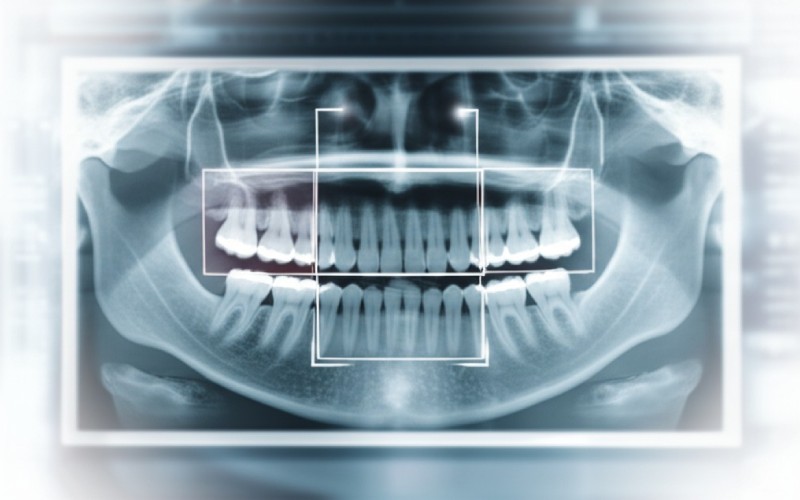
3D Imaging (CBCT) Help
A 3D CBCT scan gives us an amazing view of the jaw for trickier cases but looking through those scans takes a lot of time. AI makes this whole process way faster. It can automatically map out nerves check bone levels for implants and even look at your airway for sleep apnea. This saves a ton of time and makes my treatment plans much more accurate.
Spot-On Treatment Plans with AI
Finding the problem is just the first part. AI is also changing how we plan and do the actual treatments.
Orthodontics
We used to have to trace x-rays by hand for braces. Those days are pretty much over. AI can now do that work in seconds giving a full report on how the teeth and jaw line up. For clear braces like Invisalign AI can create a video of the whole treatment process. It shows patients exactly how their teeth will move and what they’ll look like at the end. This doesn’t just make my planning better it gets way more patients to say ‘yes’ to treatment.
Implants
Placing a dental implant is a job where every millimeter counts. AI takes this to another level. Using the 3D scan data AI software helps me find the perfect spot angle and size for an implant while staying away from important stuff like nerves and sinuses. Some systems can even connect to robotic arms or surgical guides making sure the surgery is super precise. This cuts down on risks makes for better results and gives me and my patients incredible peace of mind.
Crowns, Bridges, and Dentures
Digital scanners and CAD/CAM machines have already changed the game for making crowns bridges and dentures. Now AI is making it even better. AI programs can look at a patient’s other teeth their bite and even their face to design new teeth that not only work great but look perfect too. It can suggest a design and then I can make little tweaks saving hours of lab work and getting a better fit for the patient.
Looking into the Future: Getting Ahead of Problems
One of the coolest new things is using AI to predict the future. By looking at a patient’s records their current health and even their genes AI can start to spot patients who are more likely to get certain problems like bad gum disease or lots of cavities.
This lets me go from just fixing problems to actually preventing them. I can sit down with a patient and say “Based on our computer analysis you have a higher risk for gum disease. So let’s get you on a stricter cleaning schedule and give you some special products to use at home to stop it from ever getting bad.” That is the future of keeping people healthy.
The Rise of Robots and Cool Tech
It’s still early but robots and augmented reality (AR) in the dental office aren’t science fiction anymore. We’re seeing robotic systems that can help with the super-precise work of implant surgery. Imagine a robot guiding your hand to make sure you have the perfect angle and depth taking away any chance for a human slip-up.
They’re using AR in dental schools too. Students can practice tough procedures on a virtual patient getting the feel for it without any risk. I can imagine a day when I’m wearing AR glasses that put a patient’s 3D scan right over their real mouth guiding me as I work. It’s like having a GPS for dental surgery.
The Secret Weapon: AI for the Office
The clinical stuff is exciting for sure but you can’t ignore how much AI helps with the business side of things. Honestly this is where I saw some of the quickest wins in my own practice.
Putting the Front Desk on Autopilot
It’s crazy how much time my front desk staff used to spend on the phone scheduling appointments and making confirmation calls. Now we have an AI system that does a lot of that for us. It sends smart reminders lets patients book their own appointments online and can even answer basic questions on our website’s chat. This has freed up my team to focus on what they do best: taking great care of the patients right in front of them.
Insurance is another spot where AI is a lifesaver. AI software can check a patient’s coverage for you figure out their co-pay and even help fill out the claim forms correctly to stop them from getting denied. This helps us get paid faster and just cuts down on so many headaches.
Making Patients Happier and More Informed
Good communication with patients is everything. I’ve found that using cool AI visuals to explain things to patients works wonders. Instead of just pointing to a flat black-and-white x-ray I can show a patient a 3D model of their mouth and what we plan to do. When they can see exactly what a new crown will look like or how their teeth will move they get it. They’re much more likely to accept the treatment I recommend. It turns a confusing talk into something they’re a part of.
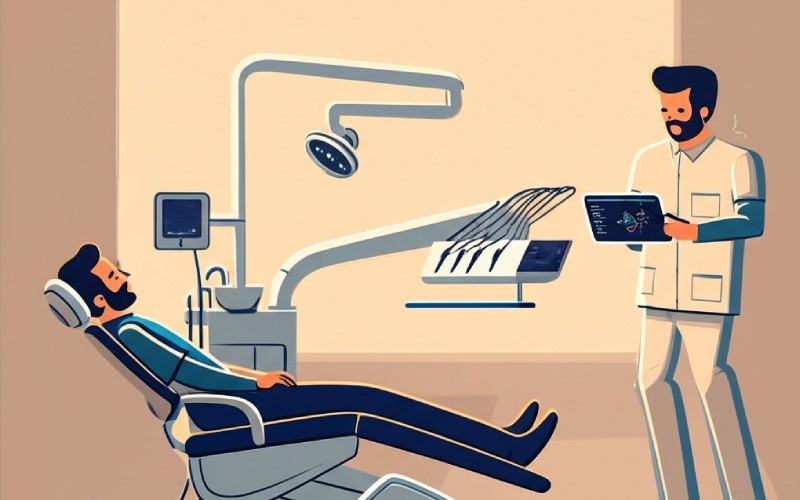
The Real Payoffs I’m Seeing
Bringing in this tech wasn’t just a “cool” upgrade. It’s had a real positive effect on my practice my staff and my patients.
- Better More Consistent Diagnoses: I feel more confident about my diagnoses knowing I have a powerful tool backing me up. It makes sure we’re consistent and lowers the chance of missing something.
- My Treatments are More Predictable: By planning with AI I can see problems coming and plan for the best result before I even start. This leads to better more reliable outcomes for my patients.
- Major Time Savings: Automating office chores and making clinic work faster has given me and my team precious time back. That means more time with patients and less time on paperwork.
- Happier Patients: Patients love the technology. They feel more involved in their own care they understand their choices better and they trust that they’re getting the most modern treatment available.
- Making Decisions with Facts: I’m no longer just relying on my gut. I have data to back up my clinical choices which feels great and leads to better patient results.
- Staying Ahead of the Curve: In a market with lots of dentists offering the latest tech helps my practice stand out. It shows everyone we’re serious about giving the best care possible.
Getting Over the Roadblocks: The Hard Parts of Using AI
Of course it’s not all sunshine and roses. Jumping into AI has its own problems that every practice owner needs to think about.
The Big One: Keeping Patient Data Safe (HIPAA)
Patient info is super private. When you’re using AI systems that store data online you’ve got to be 100% sure they follow HIPAA rules and that all the data is locked down and secure. This means you have to really check out any company you work with and have strong security rules in your own office.
Dealing with Rules and the FDA
There are a lot of rules for dental tools and software. It’s really important to make sure any AI tool you use is cleared by the FDA. The rules are still changing and you have to stay on top of them to be legal and keep your patients safe.
Is It Worth the Money?
Let’s be real: this technology isn’t cheap. The upfront cost for the software new computers and training can be a lot. You have to sit down and figure out if you’ll make your money back. For my practice the time we saved the increase in patients saying yes to treatment and being able to offer better services made it worth it but that’s math every dentist has to do for their own office.
Getting It to Work with Your Other Systems
Getting new software to “talk” to your old practice management software can be a total nightmare. Everything needs to work together smoothly for it to be useful. Before you buy anything you have to confirm it will play nice with the systems you already have.
Learning the Ropes and Getting the Team Onboard
You can’t just plug in an AI and expect magic. The whole team from the front desk to the assistants and hygienists needs to learn how to use the new tools. There’s a learning curve and it takes a real commitment from everyone to make it work.
Doing the Right Thing: Balancing AI and the Human Touch
Maybe the biggest worry I had and one I still think about is the ethical part. We have to make sure AI is a helper not a replacement for our own brains and judgment. These programs can be biased depending on the info they learned from and it’s our job as dentists to double-check what the AI says and make the final call. We can never lose the human touch the kindness and the personal connection that’s at the heart of good healthcare.
What’s Next for AI in Dentistry?
What I’ve told you is just the start. Things are changing so fast it’ll make your head spin and the future looks even cooler.
- Smarter, Faster, Better: The more info these AI programs get the smarter and more accurate they’ll become. Soon we’ll see AI that can not only find disease but predict how it will play out with amazing accuracy.
- Connecting with Smart Gadgets: Imagine a smart toothbrush that tracks how well you’re brushing and sends that info right to your dentist’s AI system. That kind of real-time info could totally change how we prevent problems before they start.
- A New Day for Care That’s Just for You: AI will let us create treatment plans that are one-of-a-kind for each person. By looking at a patient’s genes lifestyle and even the bacteria in their mouth we’ll be able to create preventive plans and treatments made just for them.
- AI’s Part in Dental Schools: Dental schools are already starting to use AI in their classes. The next generation of dentists will be “digital natives” who are comfortable with these tools from day one.
My Takeaway: Jumping In
Diving into the world of AI has been a game-changing experience for my practice and for me as a professional. It’s pushed me to learn to adapt and to become a better dentist. And while there are definitely hurdles to get over the good things that can come from this—for our patients our offices and our entire profession—are huge.
My advice to other dentists is this: don’t be scared of it. Start small. Pick one area where you think AI could help maybe with diagnostics or just with the front office. Talk to the companies read the studies and just start playing with the technology. AI is not here to replace us; it’s here to make us better. If we use it thoughtfully and the right way we can give even better care and build a healthier future for our patients. The future is here and it’s time to be a part of it.

